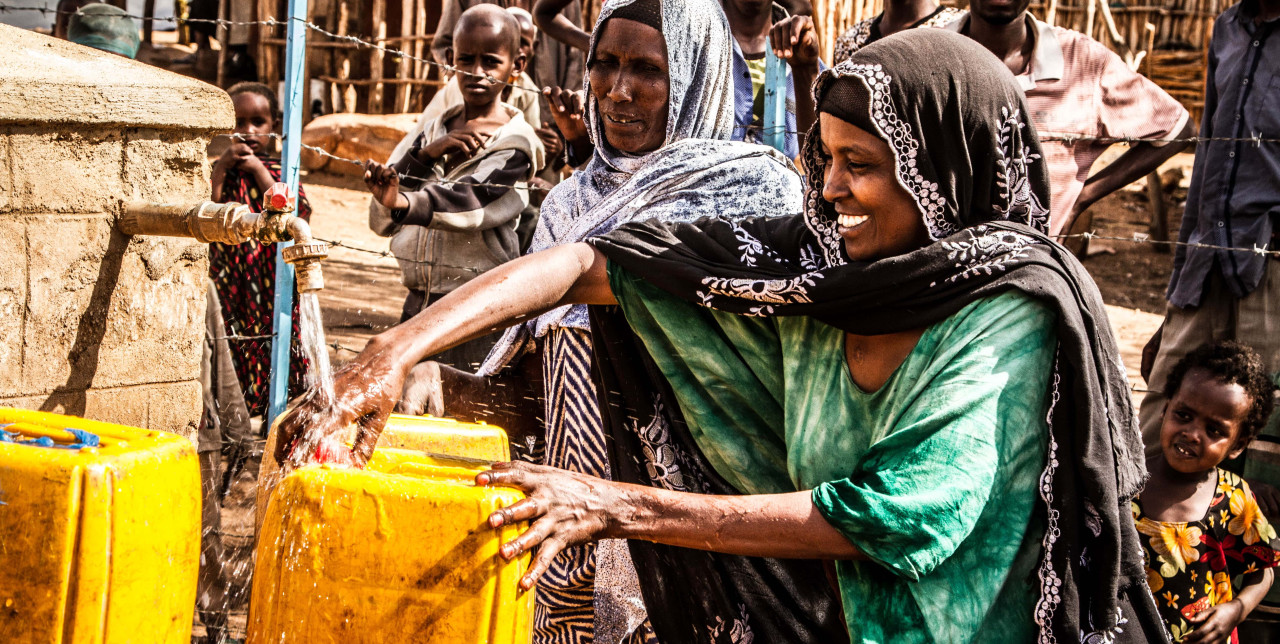31-07-2017 | di COOPI
Ethiopia: emergency response
Bale zone is one of 17 zones of Oromia National Regional State, located in the South-eastern part of Ethiopia, bordering Somali Regional State to the South and East. The zone is divided into 21 woredas, including the 3 urban woredas of Robe, Goba and Ginir town.
COOPI is present with the project "Increasing Resilience and Economic Opportunities in Drought Prone Areas, Bale Zone", funded by the European Union, which aims to contribute to strengthening economic opportunities and resilience of the most vulnerable communities to human induced and natural disaster crisis, through measures that will increase livelihoods and employment, and better access to basic services.
Through the multi-sectoral and integrated interventions of the action, direct beneficiaries will be 338,596 individuals of vulnerable and poor households, including mothers, malnourished children and under five-year children.
Specific Objectives
Specifically and through this project interventions, COOPI intends to increase community resilience by supporting water schemes development, promoting good hygiene practices, developping sanitary facilities promoting climate smart agricultural initiatives anddry land best farming practices. Thanks to this strategic mix of interventions financed by the EU, livelihood and resilience will be strengthened and economic opportunities enhanced. In addition, and to tackle climate change and the increasing pressure on the already scarse natural resources in the area, a combination of activities supporting agriculture and livestock as well as off-farm income generation activities are being carried out with the goal to create self reliant communities.
Finally the disaster risk management capacities of communities and institutions will be strengthened through specific trainings, mobilization of DRR resources and multilateral linkages between local and regional early warning and response systems.
In this way COOPI expects to achieve six results by the end of the Project implementation:
- Increased access to safe water supply and improved hygiene and sanitation practices
- Enhanced and diversified livelihood and economic opportunities
- Improved access to quality health services
- Improved access to quality nutrition services
- Communities' and institutions' disaster risk management capacity improved
- Life and livelihood of the most vulnerable communities are protected in crisis situations




 Ethiopia
Ethiopia